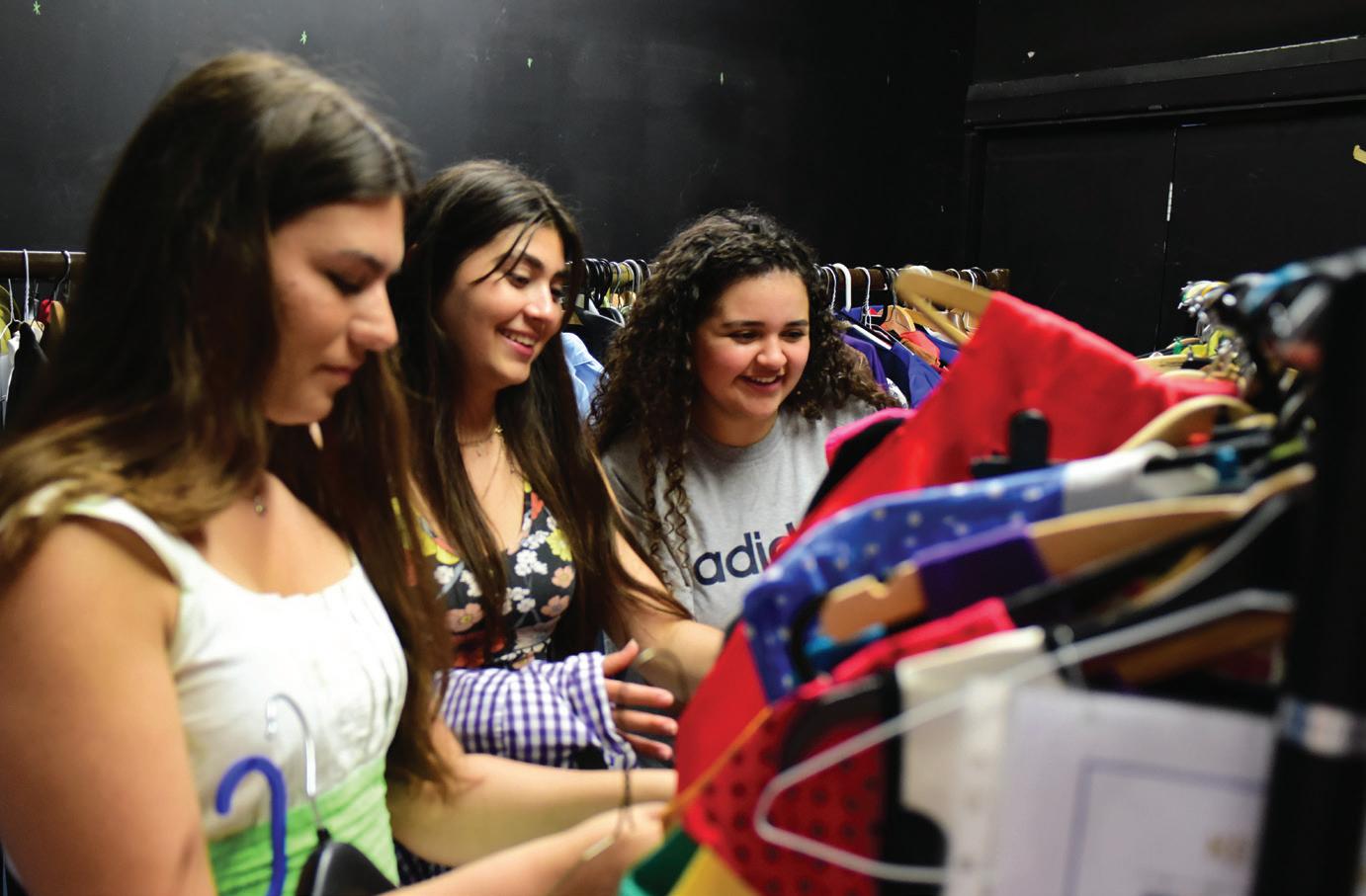KING EDWARD VI SCHOOL
English Language and Linguistics ‘Language is interlaced throughout every aspect of our lives’.
Skills Required Successful English Language students are inquisitive and open-minded, with an interest in exploring how language is used in the world around them. An ability to write creatively is beneficial and students must be prepared to engage in debates and discussions with their peers.
Course Overview As a subject, English Language offers an opportunity to develop a detailed analytical understanding of the way language works, the way it is used and the ways in which it is closely intertwined with social values. The A Level course will enable you to develop a range of skills essential for further education and employment. As a result of studying English Language you will acquire a greater technical understanding of how languages work. You will consider the relationship between language and the development of ideas, beliefs and attitudes; society and social interaction; and the construction of identity.
Critical awareness of language not only helps you understand how you express yourself, but also how others use language and for what purposes. You will become a more active and discerning reader and listener, as well as a more skilled, confident writer. Studying English Language at A Level is excellent preparation for Higher Education courses in Linguistics, English Literature, Modern Foreign Languages, Humanities, the Social Sciences and Information Technology. It provides a perfect foundation for careers in journalism and the media, ICT, law, politics, the civil service, teaching and research.
Methods of Assessment During this two-year course, you will prepare for two examination papers and undertake two different pieces of coursework.
Paper 1 Language, the Individual & Society In this part of the course you will develop your skills of linguistic analysis by exploring a wide range of spoken, written, electronic and multimodal texts. You will consider how language is used to create and convey meanings; how language is manipulated to achieve particular aims, and how ideas, people, places and events can be represented in different ways through language. You will also study how young children develop both spoken and written language, exploring the different ideas and theories about how and why this remarkable process takes place.
42
Paper 2 Language Diversity & Change
Coursework Language in Action
This part of the course explores the two inter-related strands of Language Diversity and Language Change. You will develop your understanding of how language varies according to factors such as gender, ethnicity, social background, geographical location and profession.
The coursework element is vital in enabling you to pursue your individual interests and refine your research and writing skills.
For language change, you will study how and why the English language has changed over time and consider how it may continue to change in the future. Additionally, you will learn about attitudes to controversial issues relating to language diversity and change, and explore contemporary debates surrounding language use today: you will develop your own views through discussion and debate and learn how to express your opinions in writings, in both an informative and entertaining manner.
Head of Department: Mrs H Arnold – hka@kes.hants.sch.uk
There are two projects; a language investigation and original writing. You will design and conduct a language investigation on a subject of your choice, collecting and analysing your own data independently. In addition, you have the opportunity to create an original piece of writing such as a short story, feature article or blog post, reflecting on your expertise in the analytical commentary.






























